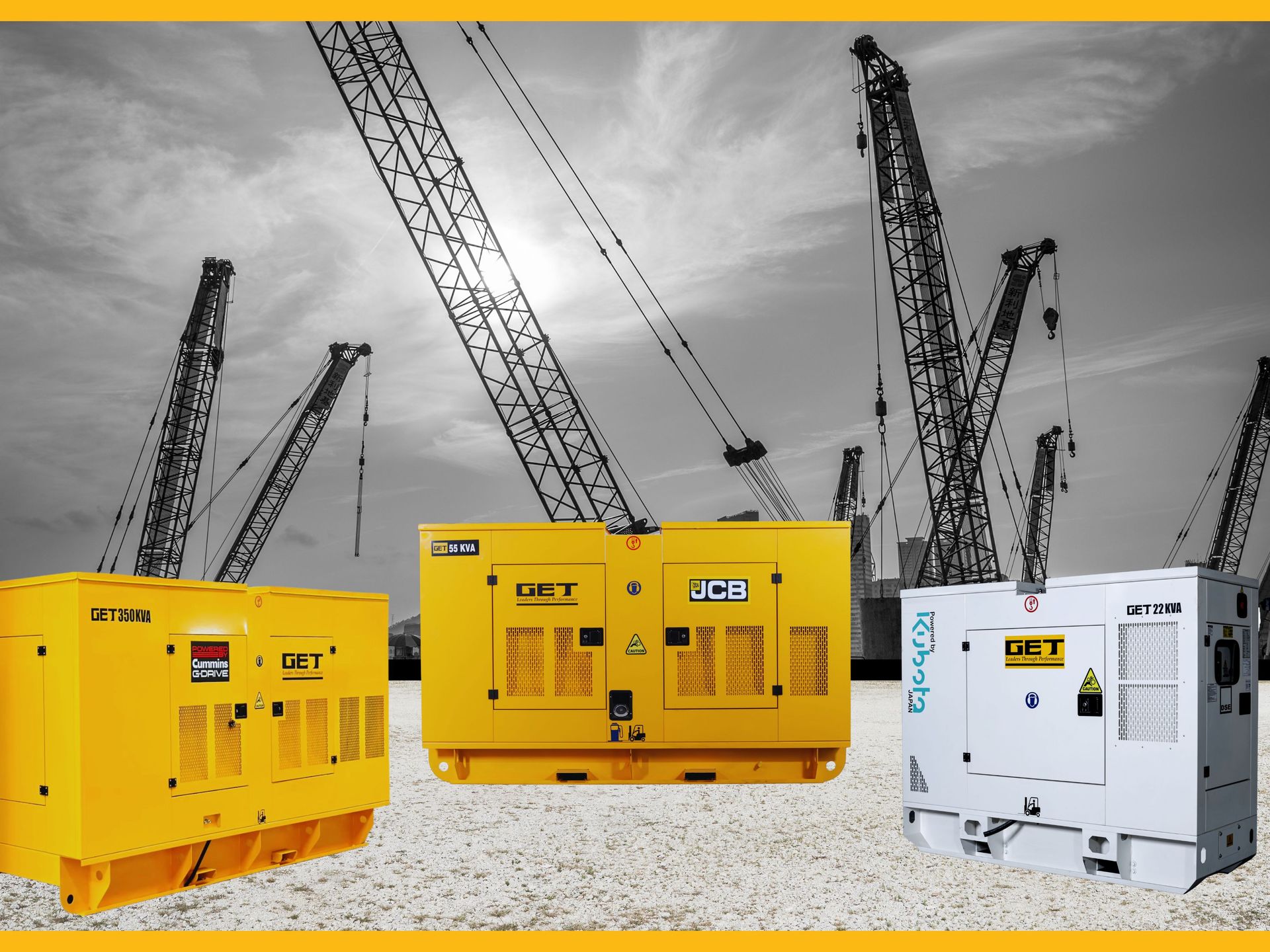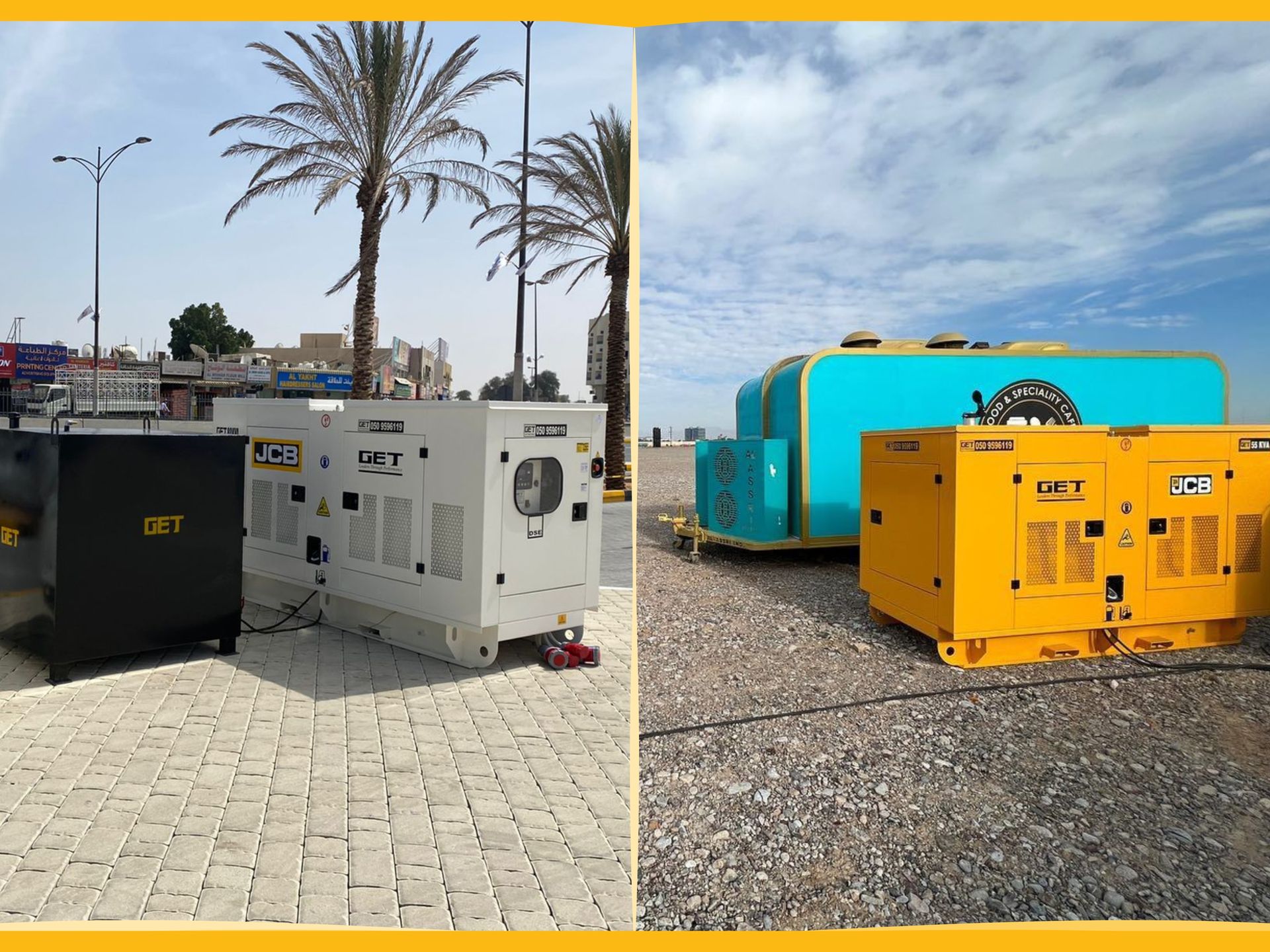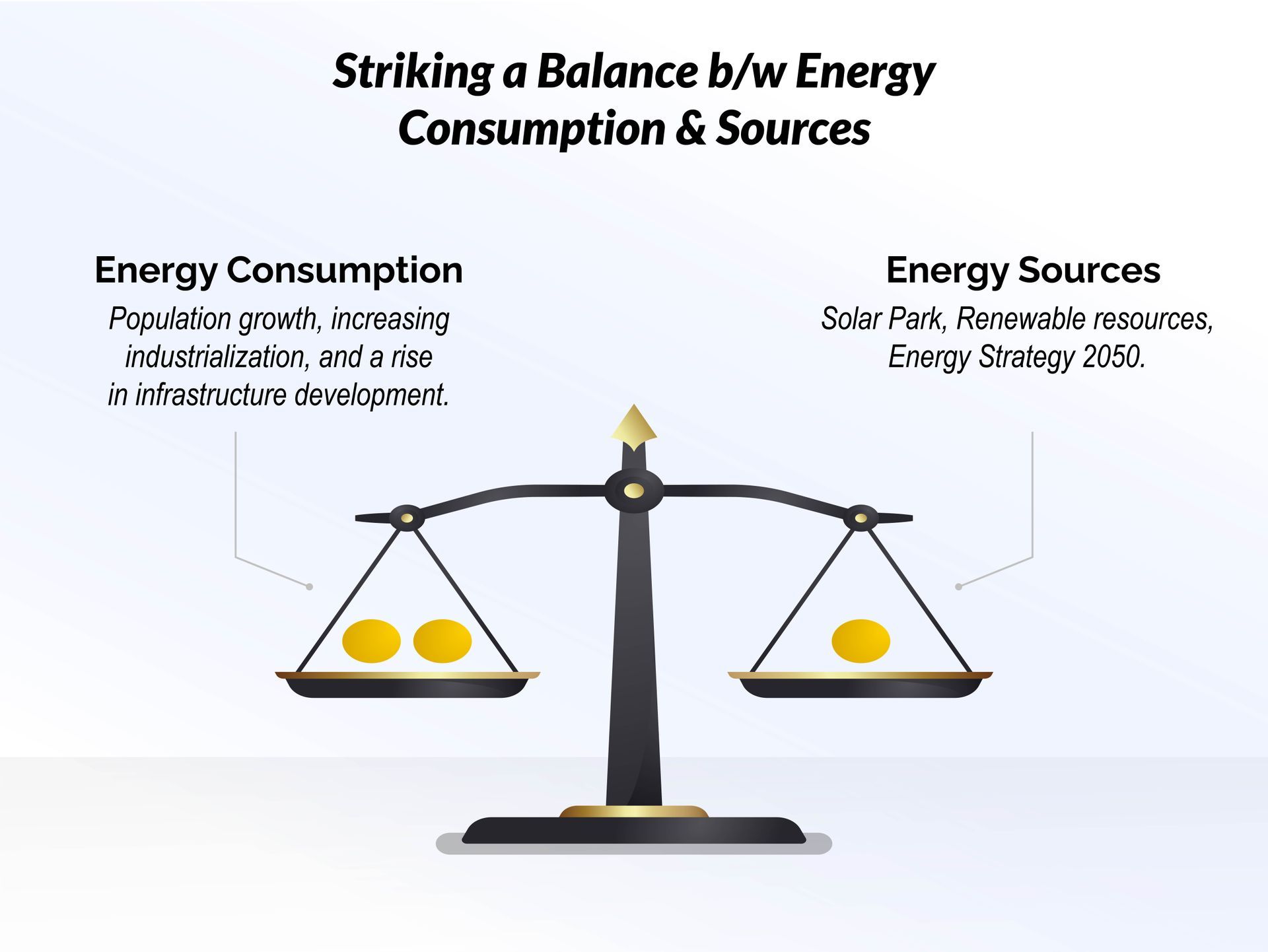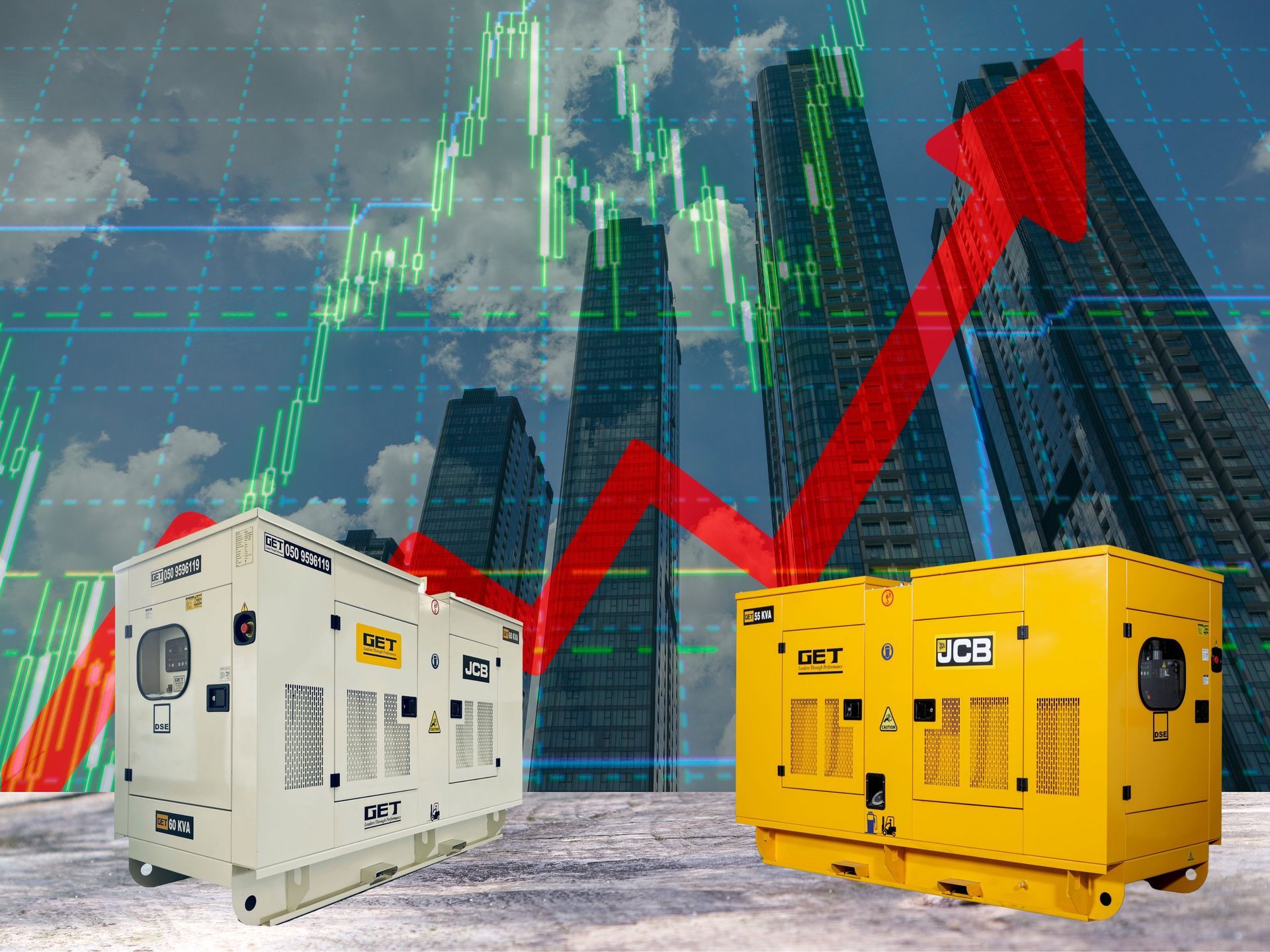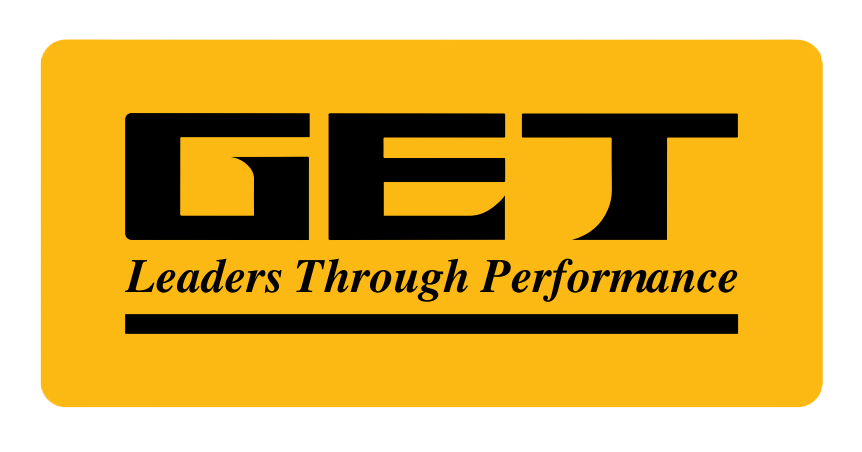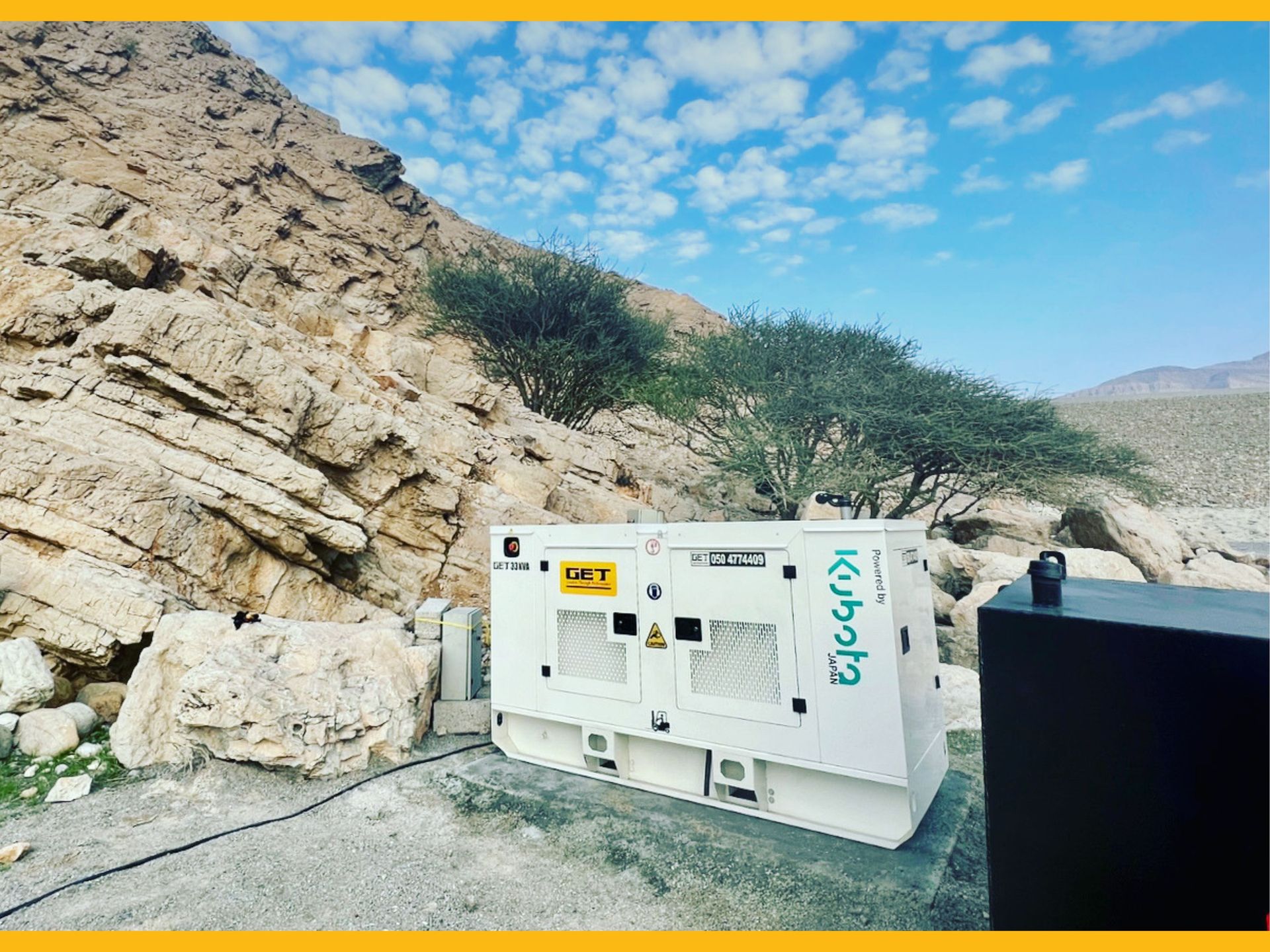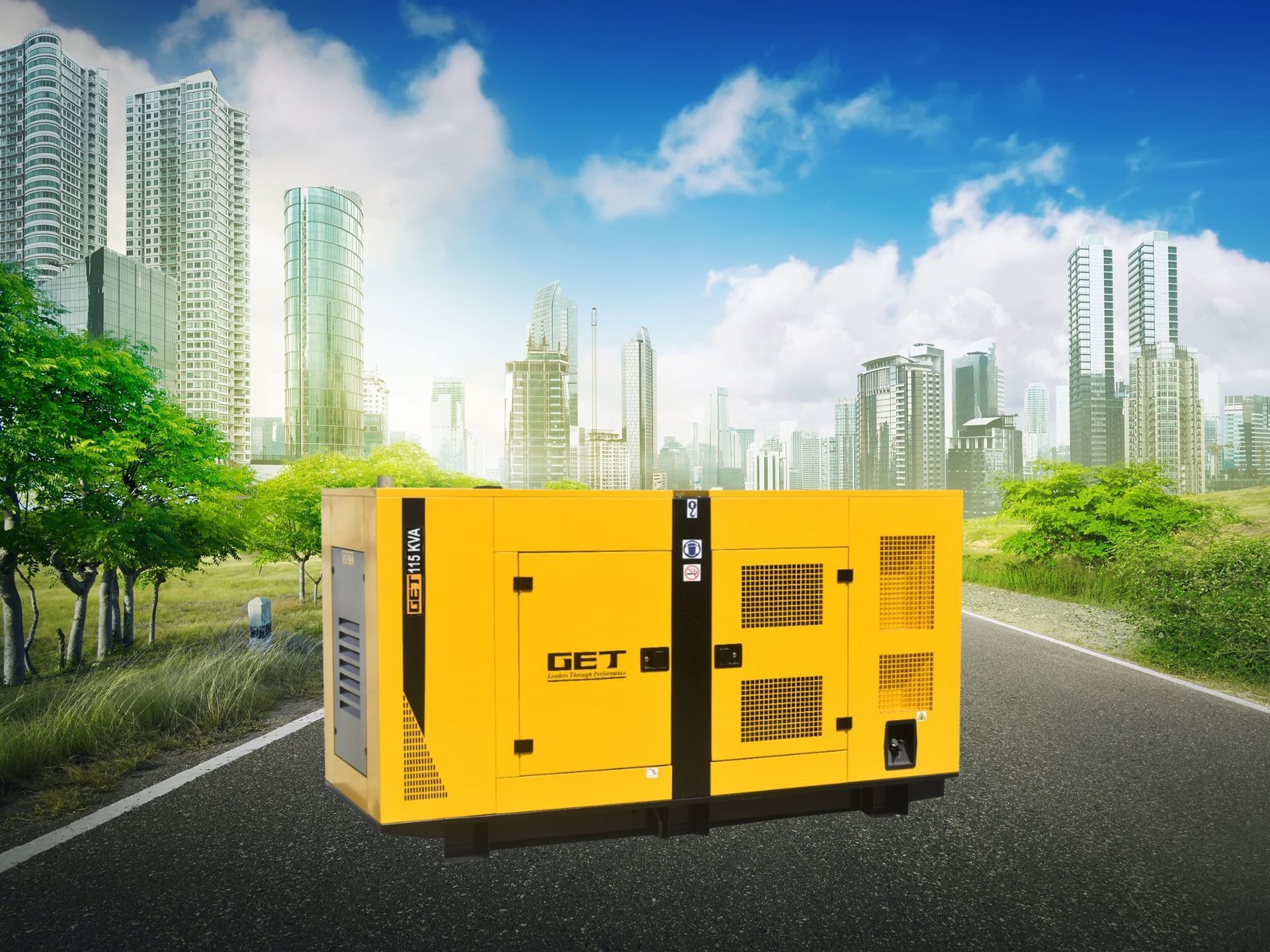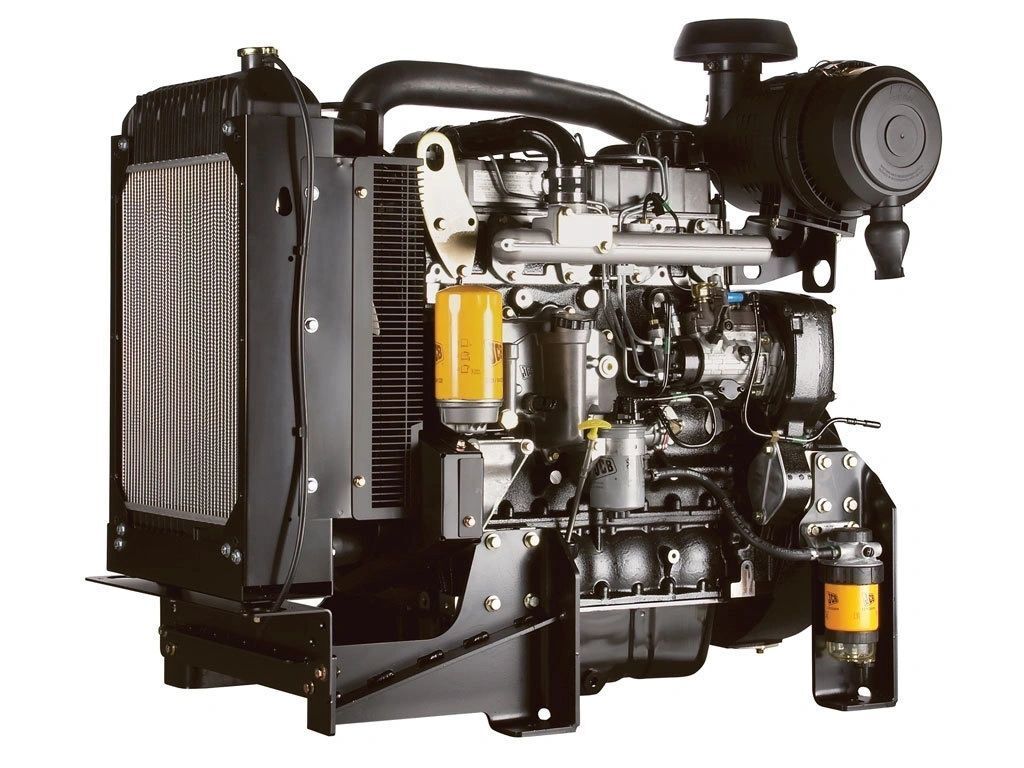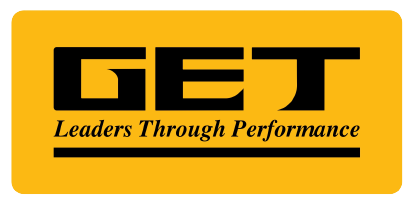Diesel Generators: Understanding the Core Components and Functions

Introduction
Diesel generators are widely used in various industries and applications as a reliable source of backup or primary power. Understanding the core components and functions of diesel generators is essential for proper operation, maintenance, and troubleshooting. In this blog, we will delve into the technical details, specifications, and important facts about diesel generators.
1- Engine:
The engine is the heart of a diesel generator, responsible for converting fuel into mechanical energy. Here are some key technical details and specifications related to the engine:
a- Displacement:
The engine displacement determines the power output of the generator. It is usually measured in liters (L).
b- Compression Ratio:
This ratio defines the relationship between the cylinder's maximum and minimum volume and affects the engine's efficiency and performance.
c- Cooling System:
Diesel generators have either air-cooled or liquid-cooled engines. Liquid-cooled engines offer better heat dissipation and are more suitable for high-power applications.
d- RPM (Revolutions Per Minute):
The engine's rotational speed, measured in RPM, affects the generator's frequency output. The standard RPM for most generators is 1,500 or 1,800.
2- Alternator:
The alternator, also known as the generator head or stator, converts the mechanical energy produced by the engine into electrical energy. Here are some important details about the alternator:
a- Output Power:
The alternator's output power is measured in kilowatts (kW) and indicates the maximum electrical power the generator can provide.
b- Voltage:
The alternator produces electrical energy at a specific voltage, commonly 120/240 volts for residential use or higher voltages for industrial applications.
c- Phase Configuration:
Diesel generators can be single-phase or three-phase, depending on the application's power requirements. Three-phase generators provide a more stable power supply.
3- Fuel System:
The fuel system ensures the proper delivery of diesel fuel to the engine for combustion. Here are some key components and specifications related to the fuel system:
a- Fuel Tank Capacity:
The capacity of the fuel tank determines the generator's runtime. Larger fuel tanks allow for longer operation without refueling.
b- Fuel Consumption:
Diesel generators have a specific fuel consumption rate, usually measured in liters per hour (L/hr) or gallons per hour (GPH), indicating how much fuel is consumed for a given load.
c- Fuel Filtration:
Proper filtration is essential to prevent impurities and contaminants from entering the engine, ensuring smooth operation and minimizing the risk of damage.
4- Control Panel:
The control panel is the interface through which the user can monitor and control the diesel generator's performance. Some key features and functions of the control panel include:
a- Voltage and Frequency Monitoring:
The control panel displays the generator's voltage and frequency output, allowing operators to ensure it falls within acceptable ranges.
b- Load Monitoring:
It provides real-time information about the current load on the generator, helping operators adjust the power output accordingly.
c- Safety Features:
The control panel incorporates safety features such as overload protection, low oil pressure shutdown, and high-temperature shutdown to safeguard the generator and prevent damage.
5- Cooling System:
Diesel generators need an effective cooling system to regulate engine temperature and ensure optimal performance. Here are some cooling system components and specifications:
a- Radiator/Air Cooler:
Cooling systems can be air-cooled or liquid-cooled. Air-cooled generators use a radiator or air cooler to dissipate heat, while liquid-cooled generators use a liquid coolant circulated through a radiator.
b- Fan:
The cooling system includes a fan to enhance airflow and maintain proper cooling.
c- Coolant:
Liquid-cooled generators require coolant, typically a mixture of water and coolant additives, to maintain suitable operating temperatures.
Conclusion:
Diesel generators are complex machines with various core components and functions. Understanding the technical details, specifications, and important facts about these components is crucial for the reliable operation and maintenance of diesel generators. By grasping the key features of the engine, alternator, fuel system, control panel, and cooling system, users can make informed decisions when selecting, operating, and troubleshooting diesel generators. Always consult with experts and adhere to manufacturer guidelines to ensure proper usage and maximize the lifespan of your diesel generator
Click to Share
